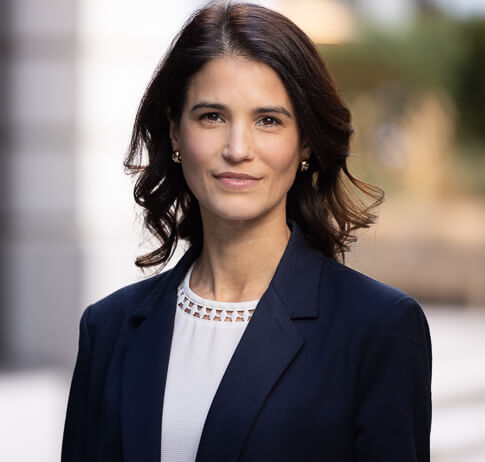The COURT OF APPEAL has dismissed the claim of a former MAGISTRATE, who had been found to be the ‘controlling force' behind her mother's will and ordered to repay money taken from her mother.
Today's unanimous decision of three Lords Justices upholds the first instance decision of her Honour Judge Karen Walden-Smith, who held in December 2011 that Julia Hawes, who before this case used to sit as a justice of the peace, arranged for her mother to sign a new will in 2007. That will cut out her brother, Peter Burgess, thereby keeping more of her mother's estate for herself. Both Peter and his other sister, Libby, challenged the new will. Libby did so even though she stood to benefit from the new will excluding her brother.
The Judge had held that the late Daphne Burgess did not properly understand what was happening. The Judge also ordered Julia to repay more than £18,000 from her mother's bank accounts. Mrs Hawes did not appeal the order requiring her to repay that money, but she did appeal the will decision.
Lord Justice Mummery, giving the main judgment today, said ‘the judge properly directed herself on the law'. Lord Justice Patten and Sir Scott Baker agreed.
Julia‘s solicitors were acting on a conditional fee agreement and she had an insurance policy to cover her siblings' costs, meaning she ran no risk in taking this all the way to the Court of Appeal. This is the kind of mischief the 1 April 2013 change in law designed to correct.
Libby said:
‘I am very pleased with the outcome. Even though I would have received more under the invalid will, I always knew that it was not what my mother wanted. She wanted to treat us all equally.'
Peter Burgess is a director of a recruitment and HR company. Peter said:
‘I am relieved that the Court of Appeal has found in our favour and it is awful to have spent so long and so much, but we felt we could not allow our mother's wishes to be disregarded.'
Paul Hewitt, partner in Withers LLP acting for Peter and Libby, said:
‘This case should never have been taken as far as it was, but Julia had a conditional fee agreement with her solicitors and After The Event Insurance, which meant that she could litigate at no risk. Meanwhile, had Peter and Libby lost, they faced liability well into six figures simply for her solicitor's success fee and insurance premium, let alone other costs.'

